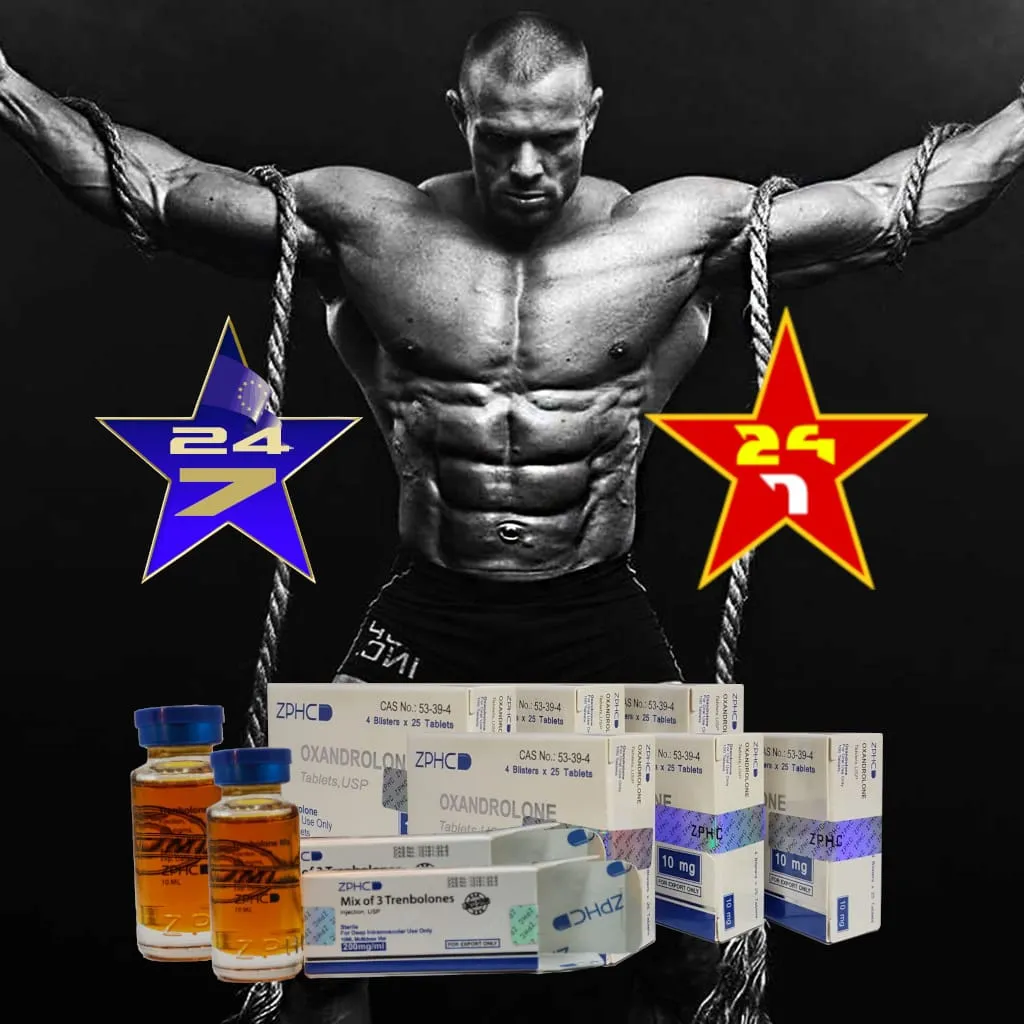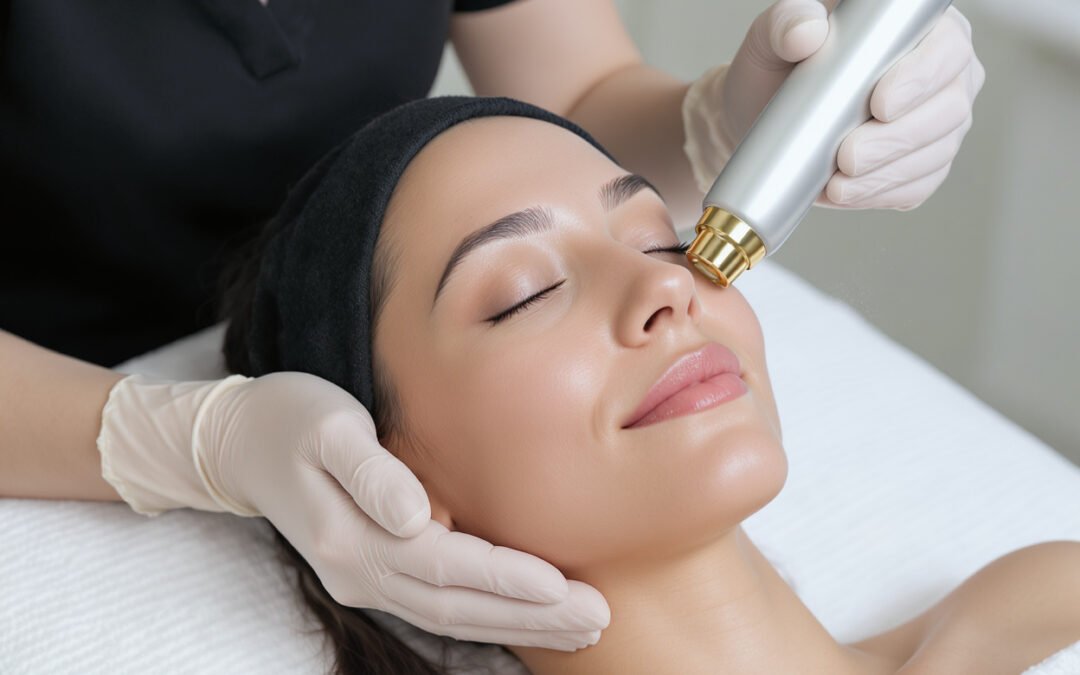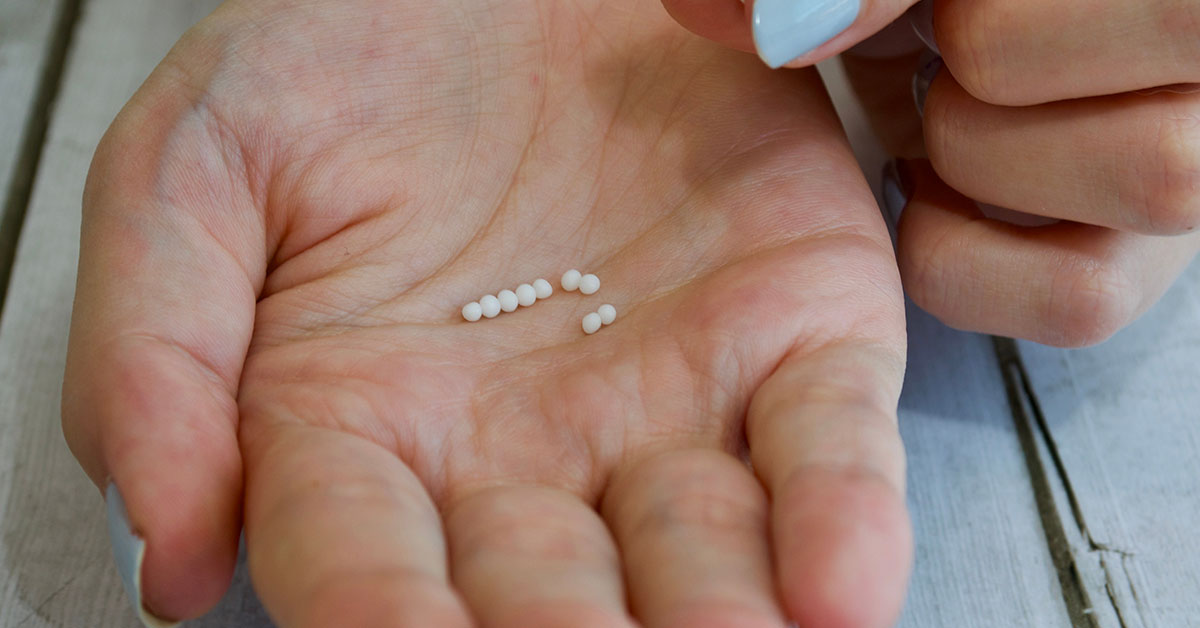
Unlocking the Secrets of Testosterone: What It Means for Your Health
TABLE OF CONTENTS

Testosterone, often referred to as the “male hormone,” is an essential androgen steroid hormone that plays a critical role in various bodily functions for both men and women. While commonly associated with masculinity, strength, and fertility, the complexities of testosterone extend far beyond these societal connotations. Understanding its functions, levels, and health implications can empower individuals to make informed decisions about their health and well-being.
The Role of Testosterone in the Body
Testosterone is primarily produced in the testes in men and the ovaries and adrenal glands in women. It is responsible for the development of male physical characteristics, such as muscle mass, body hair, and a deeper voice. However, its influence stretches into several physiological processes, including:
-
- Bone Health: Testosterone helps maintain bone density and strength. Lower levels of this hormone can increase the risk of osteoporosis, especially in older adults.
-
- Muscle Mass and Strength: Known for its anabolic properties, testosterone promotes muscle growth and development, making it vital for physical performance and strength.
-
- Fat Distribution: Testosterone plays a role in regulating fat distribution in the body, helping to maintain a healthy level of body fat.
-
- Sexual Function: It significantly influences libido, erectile function, and overall sexual health in both men and women.
-
- Mood and Cognitive Function: Research has shown that testosterone levels can affect mood, energy levels, and cognitive abilities, with low levels often associated with feelings of fatigue, depression, and decreased motivation.
What Affects Testosterone Levels?
Several factors can influence testosterone levels in the body:
-
- Age: Testosterone levels naturally decline with age, particularly in men after the age of 30. This gradual decrease can lead to symptoms associated with low testosterone (Low T), such as fatigue, reduced libido, and changes in mood.
-
- Lifestyle Choices: Factors such as diet, exercise, sleep, and stress significantly impact testosterone production. Regular physical activity and a balanced diet rich in healthy fats, proteins, and micronutrients support optimal hormone levels.
-
- Health Conditions: Certain medical conditions, including obesity, diabetes, and hormonal disorders, can lead to imbalances in testosterone levels. Mental health issues, including chronic stress and depression, can also inhibit testosterone production.
-
- Medications: Some medications, particularly opioids and steroids, can adversely affect testosterone production. It’s important to consult healthcare professionals about the effects of any prescribed medications.
Recognizing Low Testosterone Levels
Low testosterone can manifest in a variety of symptoms, which may vary in severity between individuals. Common signs include:
-
- Reduced libido or sexual dysfunction
-
- Fatigue and decreased energy levels
-
- Mood changes, including depression and irritability
-
- Decreased muscle mass or strength
-
- Increased body fat, particularly around the abdomen
-
- Difficulty concentrating or memory issues
If an individual experiences these symptoms, it is advisable to consult a healthcare professional for an evaluation that typically includes a blood test to measure testosterone levels.
Looking After Your Testosterone Levels
Maintaining balanced testosterone levels is crucial for overall health. Consider the following lifestyle adjustments:
-
- Regular Exercise: Engaging in both aerobic and strength training exercises can help boost testosterone levels and promote better overall health.
-
- Healthy Diet: Eating a balanced diet rich in whole foods, such as fruits, vegetables, lean proteins, and healthy fats, supports hormone production. Specific nutrients like zinc and vitamin D are particularly important.
-
- Adequate Sleep: Quality sleep is vital for hormone production, including testosterone. Aim for 7-9 hours of uninterrupted sleep per night.
-
- Stress Management: Practice stress-reduction techniques, such as mindfulness, yoga, or meditation, as chronic stress can negatively affect hormone levels.
-
- Limit Alcohol and Avoid Drugs: Excessive alcohol consumption and the use of recreational drugs can significantly impair testosterone production.
Conclusion
Understanding testosterone and its importance to health and well-being is essential for both men and women. By recognizing the factors influencing testosterone levels and making lifestyle adjustments, individuals can work proactively towards achieving hormonal balance. Whether it involves consulting healthcare providers, adopting healthier habits, or addressing underlying health issues, unlocking the secrets of testosterone can lead to a more vibrant and fulfilling life. Prioritizing hormonal health is not just about physical strength; it’s about overall vitality and well-being.
Testosterone is a key androgenic hormone predominantly produced in the testes in males and, to a lesser extent, in the ovaries in females and the adrenal glands in both sexes. It plays a crucial role in the development of male reproductive tissues, including the testes and prostate, as well as promoting secondary sexual characteristics such as increased muscle and bone mass, body hair growth, and the deepening of the voice during puberty. In women, testosterone contributes to ovarian function, bone density, and the maintenance of libido, albeit at lower levels than in men.
The production of testosterone is regulated by the hypothalamic-pituitary-gonadal (HPG) axis. In this system, the hypothalamus secretes gonadotropin-releasing hormone (GnRH), which stimulates the pituitary gland to produce luteinizing hormone (LH) and follicle-stimulating hormone (FSH). LH, in particular, prompts the Leydig cells in the testes to produce testosterone. This hormonal cascade illustrates the interconnected nature of endocrine functions and highlights how multiple glands work together to maintain healthy testosterone levels.
Testosterone levels naturally fluctuate throughout a person’s life. In males, testosterone levels peak in adolescence and early adulthood, typically ranging from 300 to 1,000 ng/dL. As men age, there is a gradual decline, typically around 1% per year after the age of 30. In females, testosterone levels are generally lower, peaking in the late 20s and declining with age, particularly after menopause. These changes can influence various aspects of health, mood, and well-being in both men and women, necessitating an understanding of testosterone’s role in different life stages.
Low testosterone, or hypogonadism, can significantly impact health and quality of life. Symptoms may include fatigue, decreased libido, erectile dysfunction, loss of muscle mass, and mood disturbances, including depression and irritability. In women, low testosterone can contribute to decreased sexual desire, fatigue, and weakened bones. For individuals experiencing these symptoms, medical evaluation and potential treatment options, including hormone replacement therapy, may be warranted to alleviate the effects of low testosterone levels.
Conversely, excessively high testosterone levels, which may be associated with anabolic steroid use or specific medical conditions, can lead to a range of health issues, including cardiovascular problems, liver damage, aggressive behavior, and increased risk of certain cancers. Athletes or individuals seeking enhanced physical performance sometimes misuse testosterone, leading to ethical and health concerns within sports. Awareness and education about the consequences of inappropriate testosterone use are crucial, especially among young people and competitive athletes.
Moreover, lifestyle factors play a significant role in maintaining healthy testosterone levels. Diet, physical activity, sleep quality, and stress management are all critical in regulating hormone levels. Regular exercise, particularly resistance training, has been shown to enhance testosterone levels, while excessive stress and inadequate sleep can lead to hormonal imbalances. Understanding and adopting a holistic approach to health can empower individuals to foster optimal hormonal health as they age.
Overall, testosterone is a vital hormone influencing numerous biological processes in both men and women. Its effects extend beyond physical attributes, impacting mood, energy levels, and overall well-being. With a deeper understanding of testosterone’s role and the factors affecting its levels, individuals can make informed decisions about their health, engage in preventive care, and seek appropriate interventions when necessary. As research continues to explore the nuanced roles of testosterone, it reinforces the idea that hormonal health is integral to overall physical and mental health.







